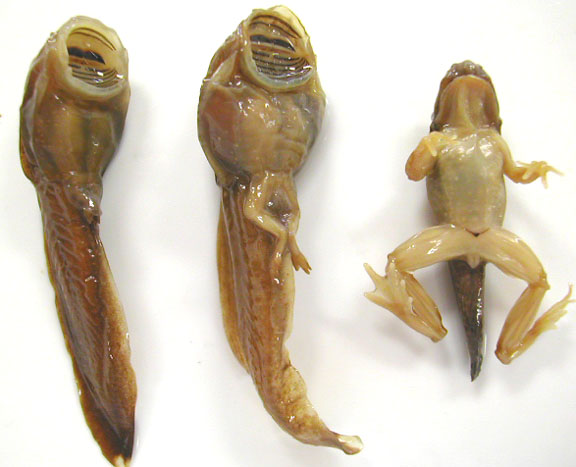THE PRESTIGE
Magic tricks consist of three parts or acts. The first act is called “the Pledge,” where a magician displays something ordinary, like a man. Sometimes he asks the audience to inspect the man, to verify that he is ordinary. He isn’t, of course, but no one notices. The second act is called “the Turn”; the magician takes this ordinary man and makes him do something quite unordinary, like disappear, except making a man disappear is not enough. For this, the trick requires a third act: “the Prestige.” That's when the man comes back.
Conventional wisdom holds that any successful film also has three, roughly analogous acts: setup, complication, and resolution. For anyone who has been on a movie set, it’s clear the parallels do not end there. Filmmaking doesn’t simply resemble a magic trick but is a magic trick, albeit an expensive one: a conspiracy of lights, camera, and action that can transform a stainless-steel Delorean into a time machine and a studio backlot in Burbank to Victorian-era London.
It was a strange period, where people made an uneasy peace with the Enlightenment while embracing the age of Romantic mysticism that followed. Ghost photography and seances flourished - science did not disprove the spirit world, but employed to interact with it. Perhaps the best expression of this dichotomy was the sudden popularity of stage magicians; it is here The Prestige finds its setting. Alfred Borden (Bale) and Robert Angiers (Jackman) are apprentices to Milton the Magician, uneasy friends until a performance goes awry and Angiers’ wife is killed trying to escape from a Chinese water torture cell. It was Borden, always looking to improve on their performances, who fastened her bindings; Angiers suspects the man may have been a tad too ambitious in his knot-tying. Borden provokes disbelief by claiming not to remember.
A rivalry begins, each setting out on a path of hostile one-upmanship that’s anything but gentlemanly. While Angiers is a master of showmanship and staging, he lacks Borden’s unqualified magician’s aptitude. It’s this talent that allows Borden to create a trick called “The Transported Man.” Angiers is dumbfounded by its seamless execution and devotes his life to discovering the secret (even enlisting famed inventor/mad scientist Nikola Tesla to build him a machine capable of replicating Borden’s act). Slowly, Angiers begins to suspect there is no secret; as irrational as the idea may be, perhaps “The Transported Man” incorporates no illusion at all. Perhaps “The Transported Man” is real.
As promised by its opening voice-over, The Prestige is structured more like a magic trick than a motion picture. Ordinary men vanish only to reappear in a third act flourish of smoke and mirrors; except this time, we’re allowed to look behind the curtain and up the magician’s sleeve (the magician in this case bring writer/director Christopher Nolan, best known for his other mindfeck, Memento). All in all, The Prestige is a neat trick, even if Nolan is a little too proud of his narrative sleight of hand; magicians may never betray their secrets, but Nolan holds no such creed. Algiers is undone by his quest for answers, yet the audience is essentially rewarded for same; the picture doesn't only give us a third act but adds a fourth, "the Reveal," where the man who disappeared comes back, pulls up a chair, and tells everyone about that trap door in the floor. Some mysteries are better left unsolved and I wonder whether The Prestige might be one of them.
It’s too bad about the ending - otherwise, the picture is an astutely-observed, periodically thrilling examination on duality and faith. To borrow a phrase from Carl Sagan, it’s a demon-haunted world; we explore it with candles, illuminating a small portion at a time. When Tesla demonstrates his Alternating Current, panic ensues - people aren't ready, incapable of processing what it is they see. The leap is too large and the supertechnological becomes the supernatural, except there isn’t much difference between the two. “It’s very rare to see real magic,” one character exclaims upon seeing Tesla’s handiwork; one is left to ponder precisely what he meant.
Is the real magic in the Turn, or is it in the Prestige?
Interesting footnote: At one point in the film, Angiers and Borden attend a stage show by Chinese magician Ching Ling Foo. Foo was an actual performer of some renown during the turn of the century; his rivalry with fellow magician Chung Ling Soo partly inspired the book on which The Prestige is based. Interestingly, Soo was not Chinese but a New Yorker of Scottish heritage (given name: William Ellsworth Robinson). He would make headlines for all the wrong reasons in 1918, when he was shot on stage while performing a bullet catch trick. Soo died the next day of his wound.
http://pretentiousmusings.com/the_prestige.html












 good calls
good calls
good calls
